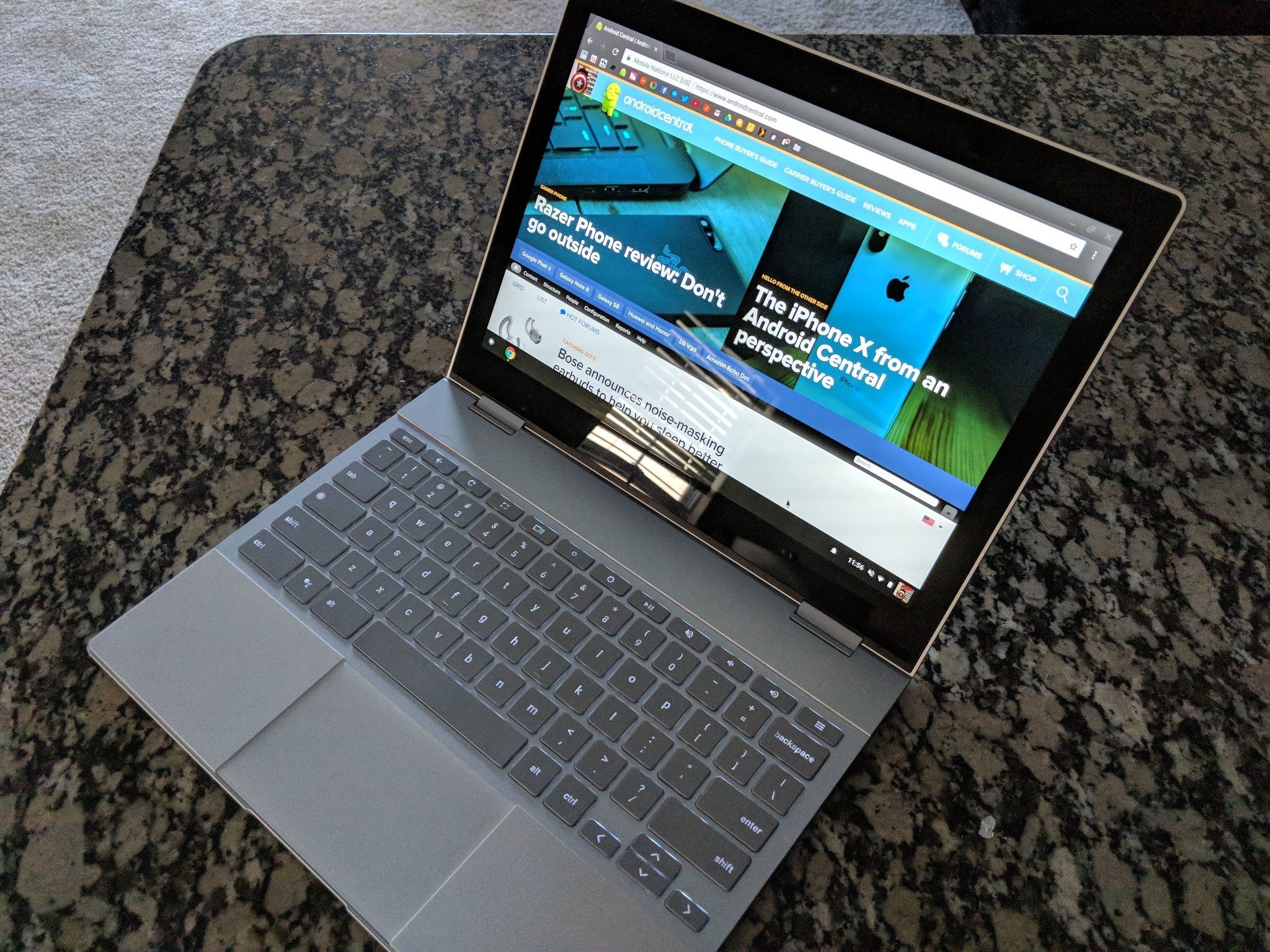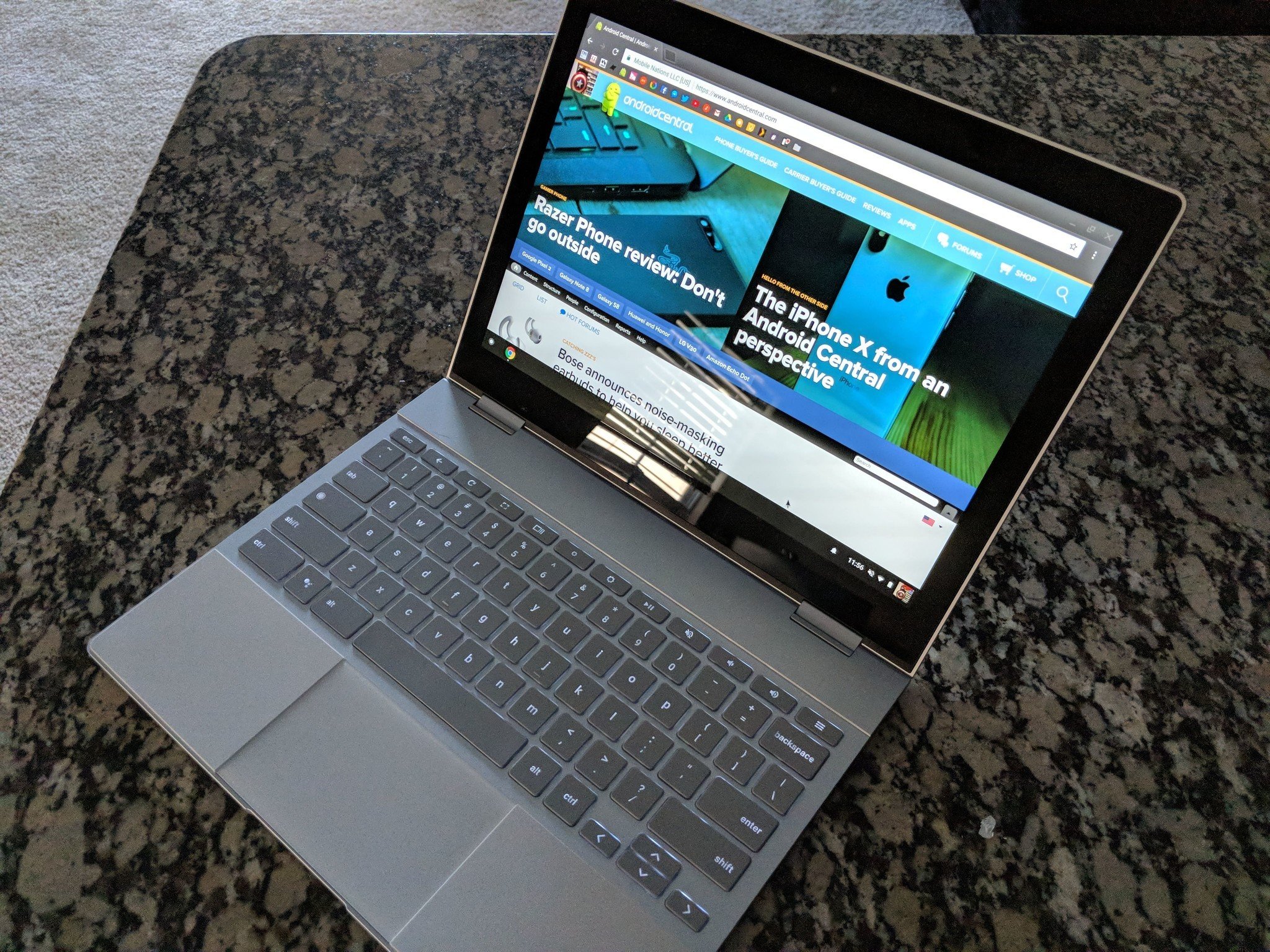Google may soon let you run Windows 10 on Chromebooks using 'Campfire'
Campfire — Google's version of Apple's Boot Camp — could be just on the horizon.

All the latest news, reviews, and guides for Windows and Xbox diehards.
You are now subscribed
Your newsletter sign-up was successful
Google was discovered to be getting Windows 10 certification for its Pixelbook earlier this year, and thanks to the folks at XDA Developers, we now have more details on Google's vision for bringing Windows 10 to not just the Pixelbook, but other Chromebooks as well through a new service called "Campfire."

Similar to Apple's Boot Camp, Campfire will allow users to have two operating systems installed on a Chromebook at once so they can boot into whichever OS they'd like at any given time.
Users won't be required to enable Developer Mode on their Chromebook in order to use Campfire, and according to XDA, getting things set up with Campfire should be pretty simple.
Now, with Campfire, Google will push signed updates to RW_LEGACY via the regular auto-update process, so firmware flashing won't be a concern for Joe Public. A recent commit for enabling Alt OS through crosh with a simple [alt_os enable] command indicates that it will be a fairly easy setup process from the user's end too.
As for what devices will be able to use Campfire, more details are trickling in here, too.
40GB appears to be the minimum storage requirement for Campfire (30GB going to Windows 10 and 10GB being used for Chrome OS), and while we don't know which Chromebooks specifically will be supported, talk of "campfire variants" suggests that it'll be supported on more than just the Pixelbook.
It's still unclear when Google will officially unveil Campfire, but with the Pixel 3 event likely coming up in early October, it's possible we'll learn more then. Stay tuned!
All the latest news, reviews, and guides for Windows and Xbox diehards.

Joe is a Former Contributor for Windows Central.
